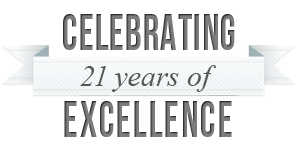Mentoring is an important component of my professional and personal life. Genuine mentoring relationships require trust, reciprocity, respect, engagement, and sincerity. As a mentee, I’ve learned this. As a mentor, I insist upon it.
I mentored a talented young woman at the law firm where we worked together. But her ability was overshadowed by her appearance. With her khakis, sweaters, casual shoes, and ponytails, she looked like a teenager, fostering the partners’ perception that she was immature. Her water-cooler conversations, even with her male superiors, often revolved around her upcoming wedding or her weekend plans with her fiancé. The result: nobody took her seriously, and she was rarely given the high-profile, high-value work she deserved.
She trusted me and told me her goals, and I advised her to make some changes. She listened. She adopted a more professional style of dress. She confined her conversations to topics that did not involve giggling or blushing. Within six months, people talked of her with admiration for being serious about her career.
I later had an identical conversation with another young lawyer whose image obscured her talent. She listened to me, too, but she responded, “Well, that’s your opinion.” She left the firm, and not by choice, the following year.
These examples may seem trivial, but the point is important: if you want to short-circuit a mentor relationship, don’t listen. Mentoring that merely provides a shoulder to cry on wastes everyone’s time. We all have friends, parents or therapists who will serve that purpose.
In order to have an effective mentor relationship, you must have a goal. Every recommendation, every conversation, must be focused toward that goal, and, just as crucial, filtered through shared trust. In the absence of this combination, you don’t have a mentor, you have a sounding board—someone who listens, but not someone who can help you reach your goal. A mentor can guide, facilitate, and help formulate a strategic plan—but only if your goal is clearly defined.
I function best when I engage my mentors—my “board of directors”—who give me the benefit of their experience and wisdom in all aspects of my life. I trust them. I listen to them. I owe them. And that’s the foundation of a good mentoring relationship.







